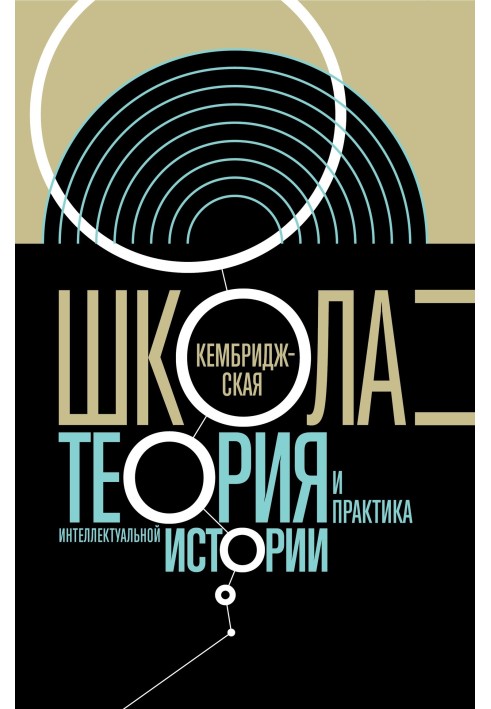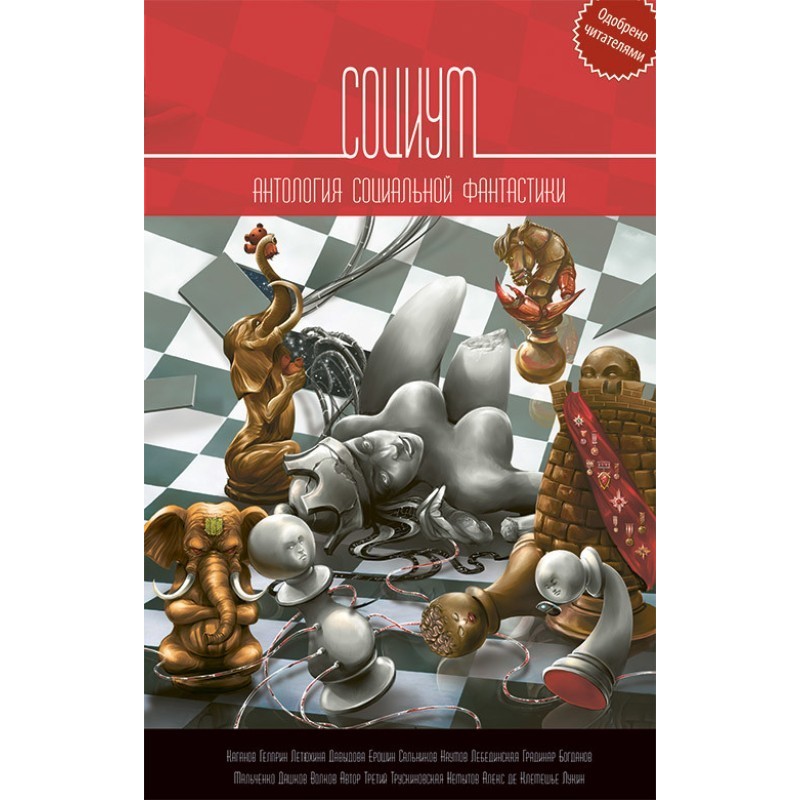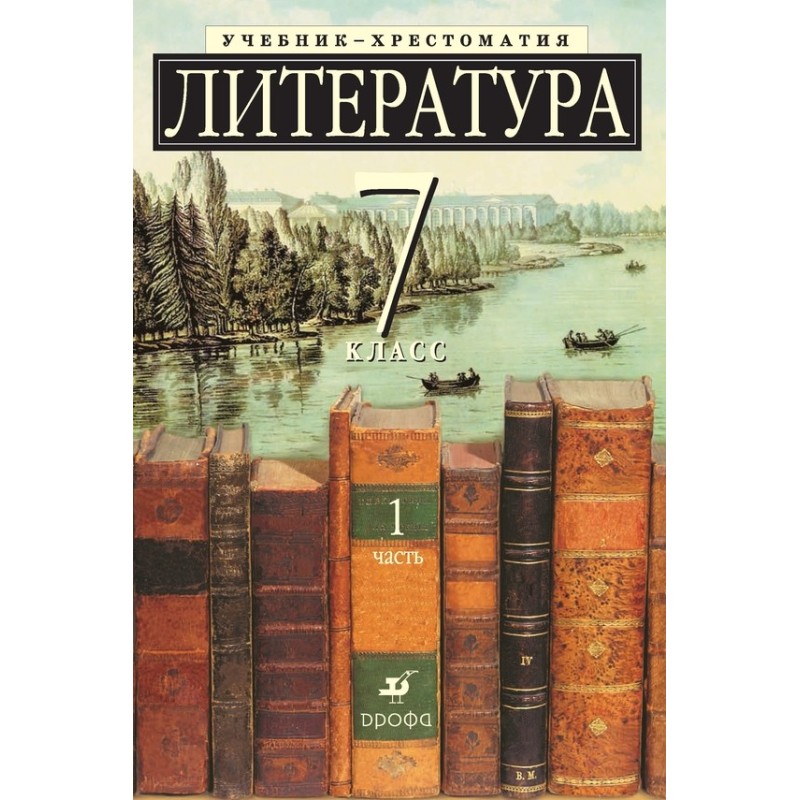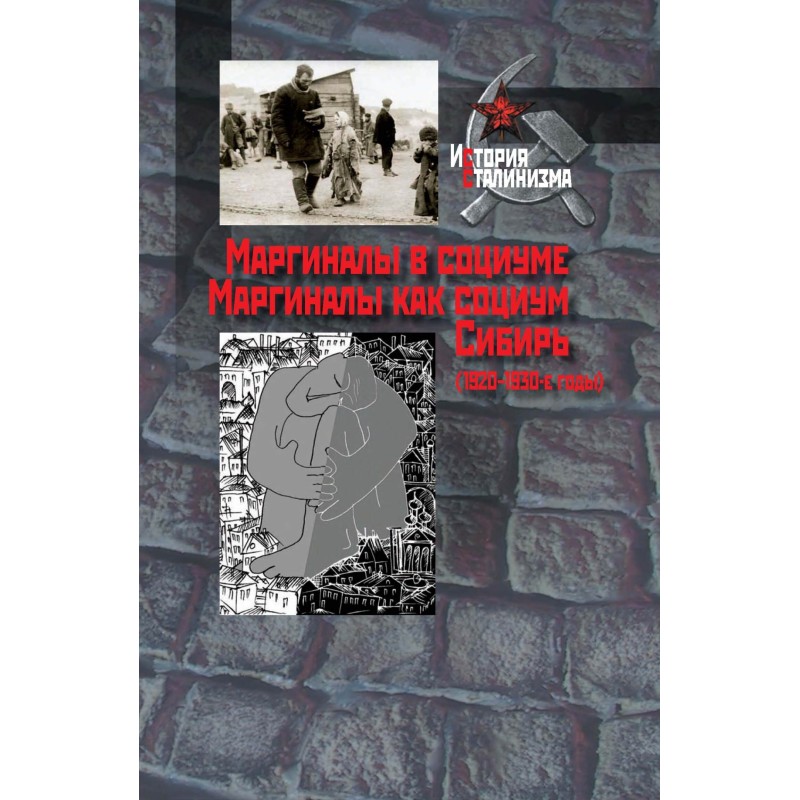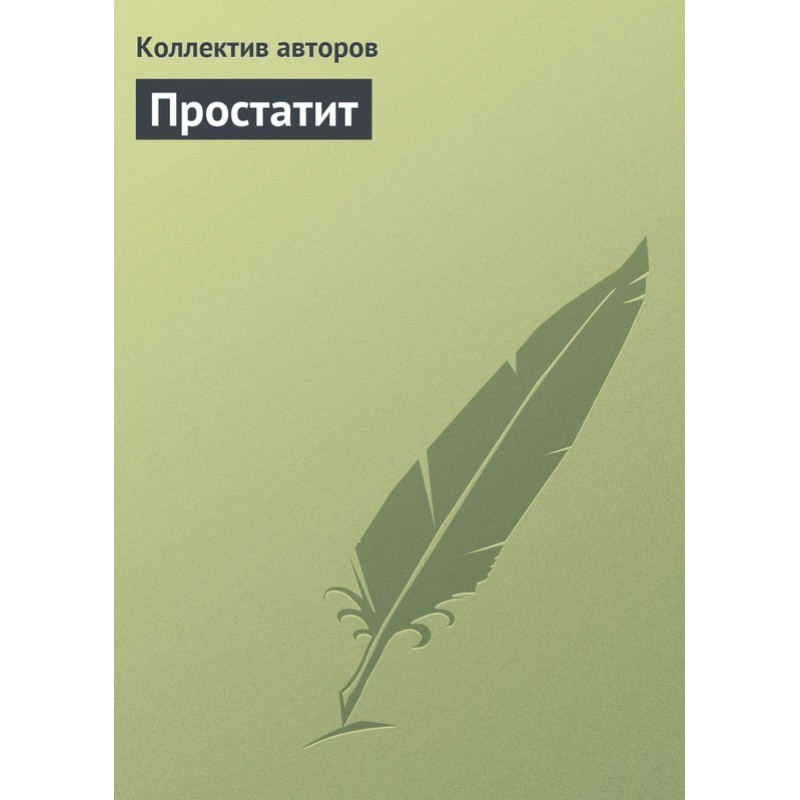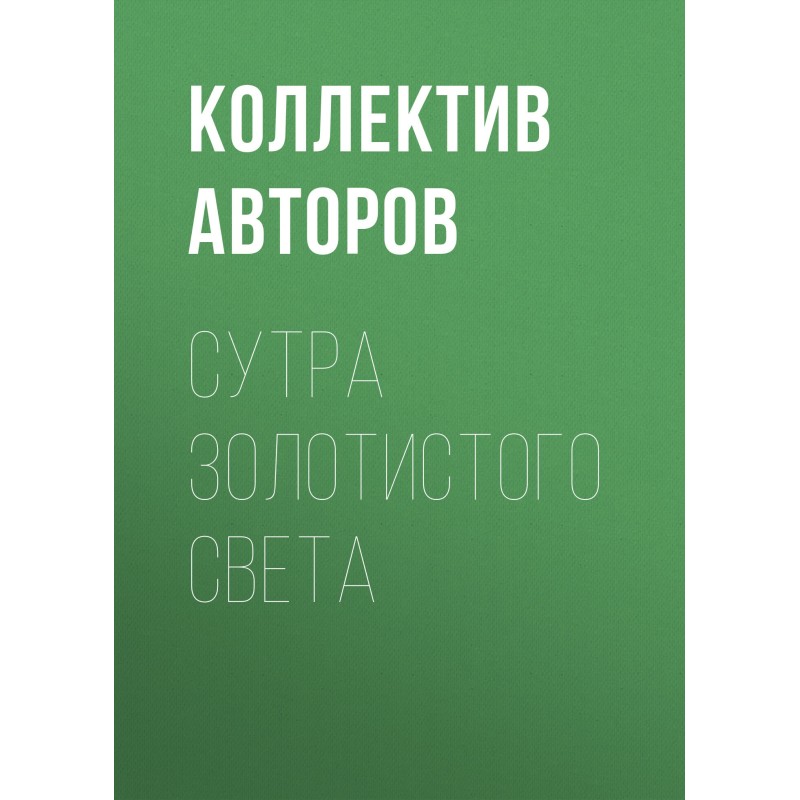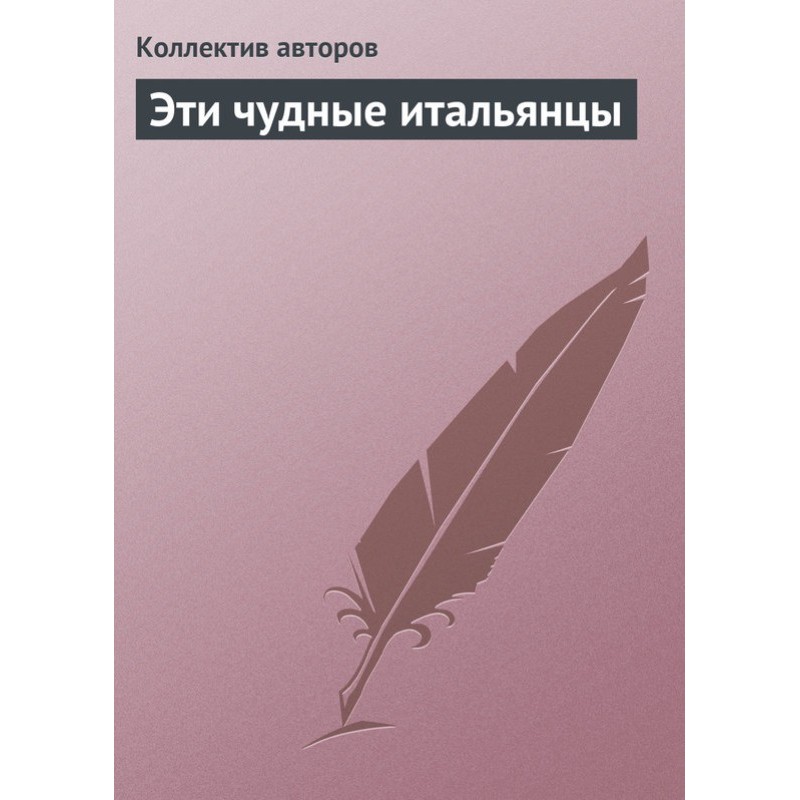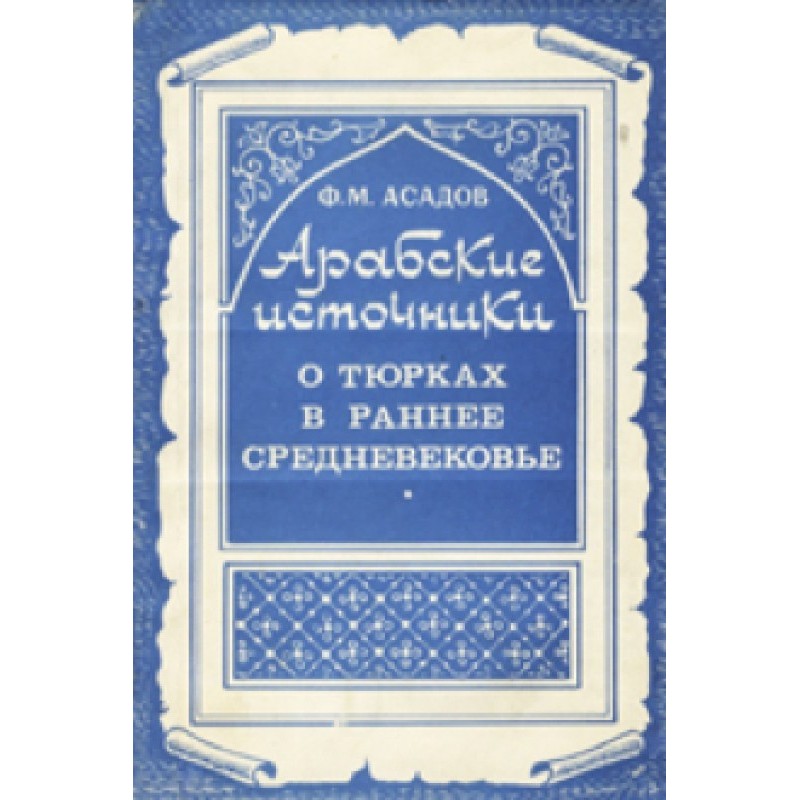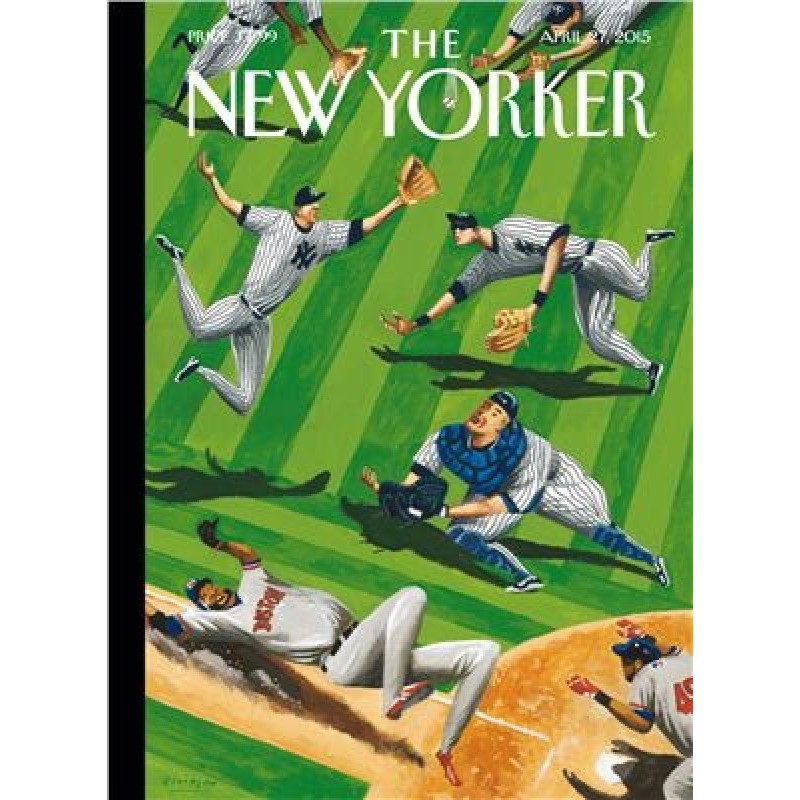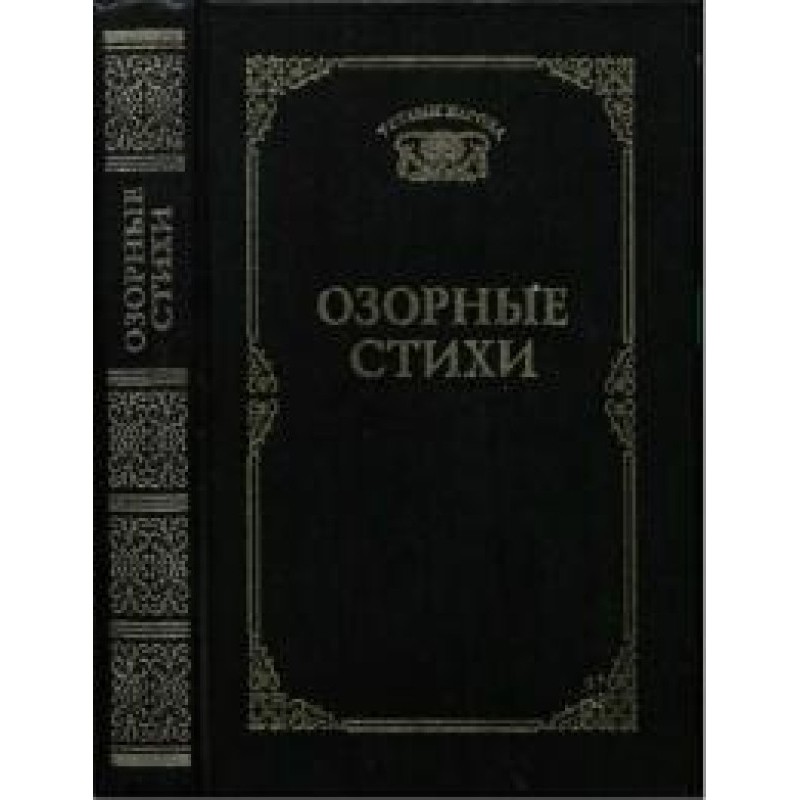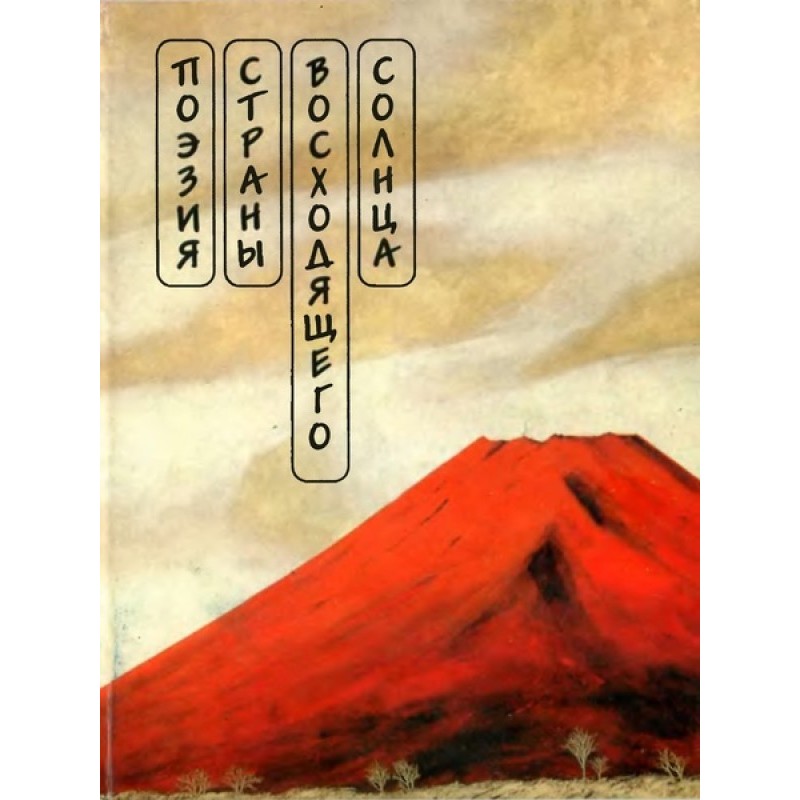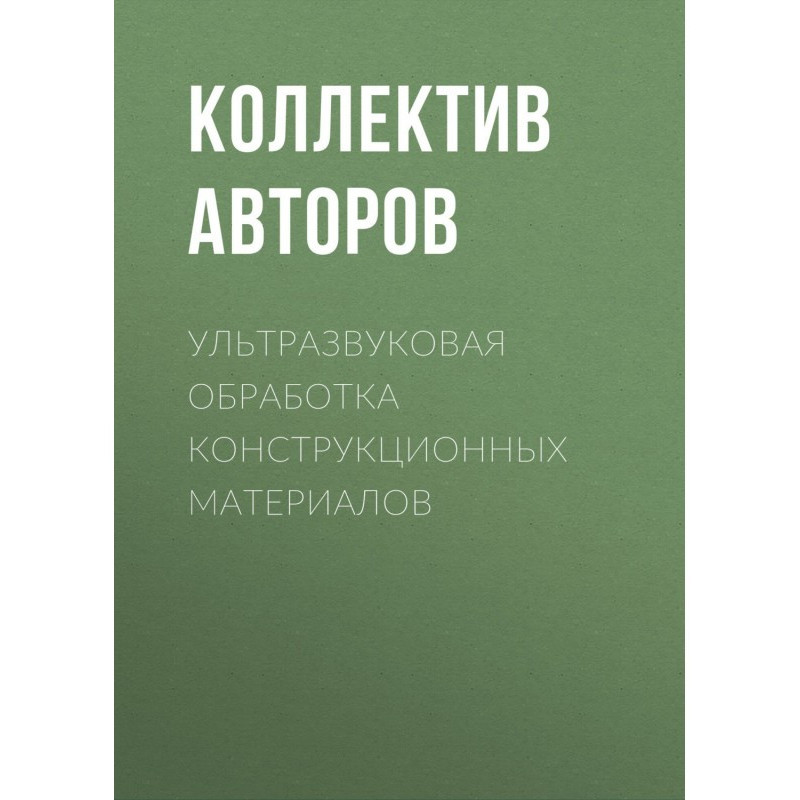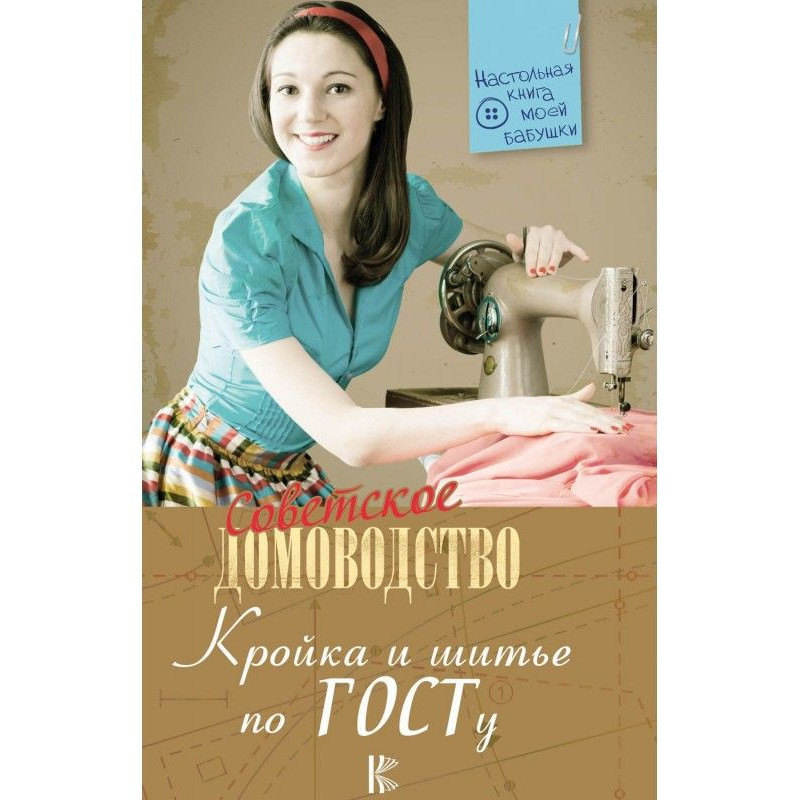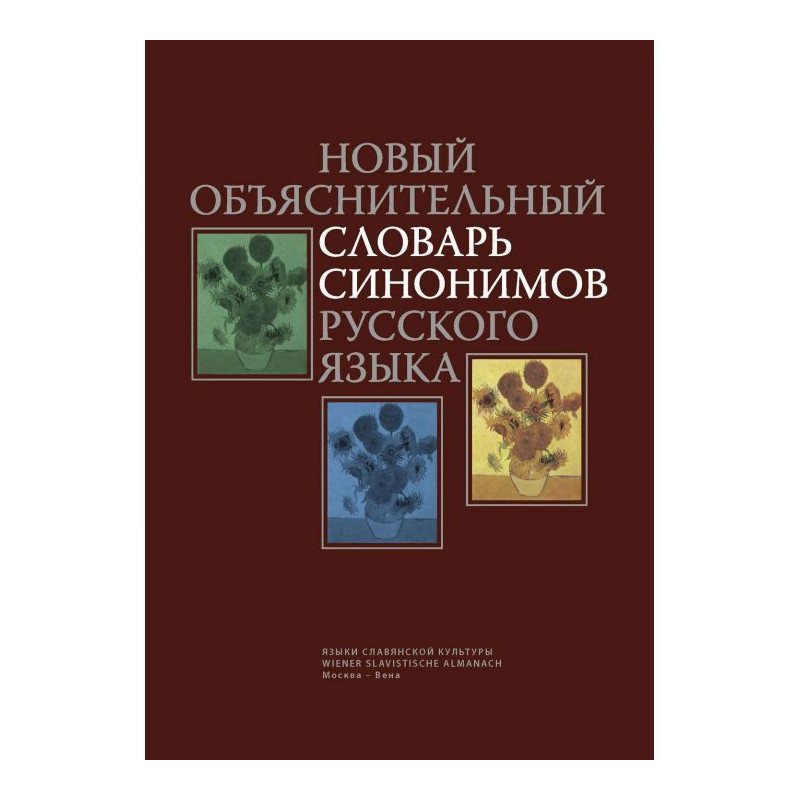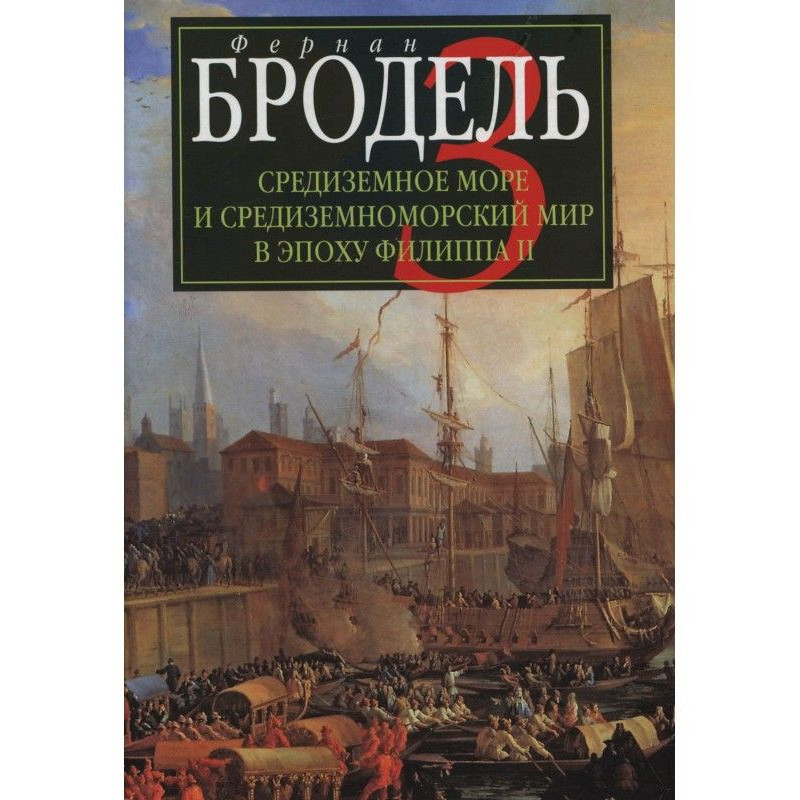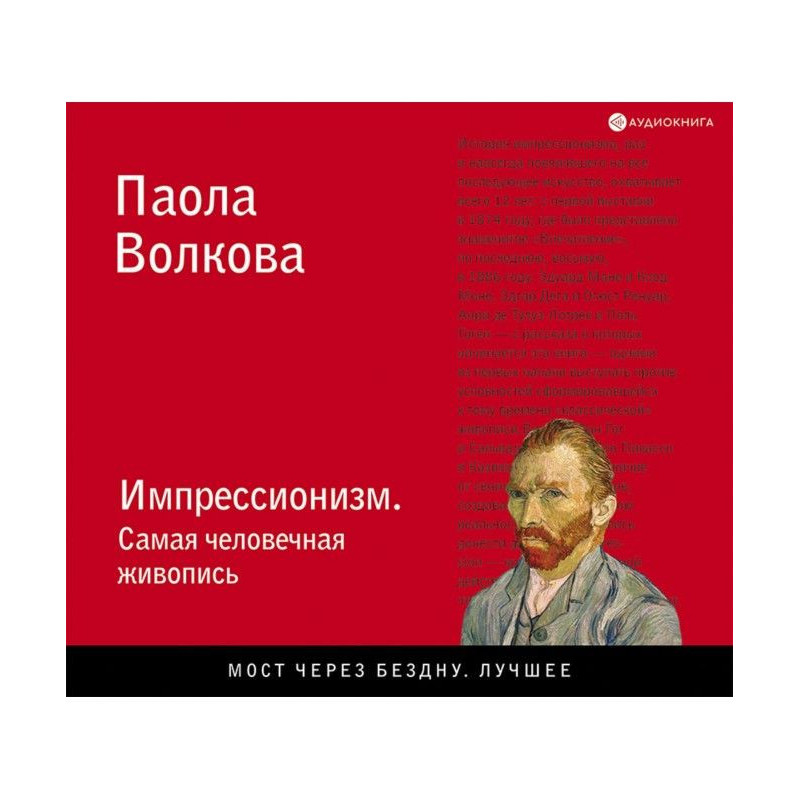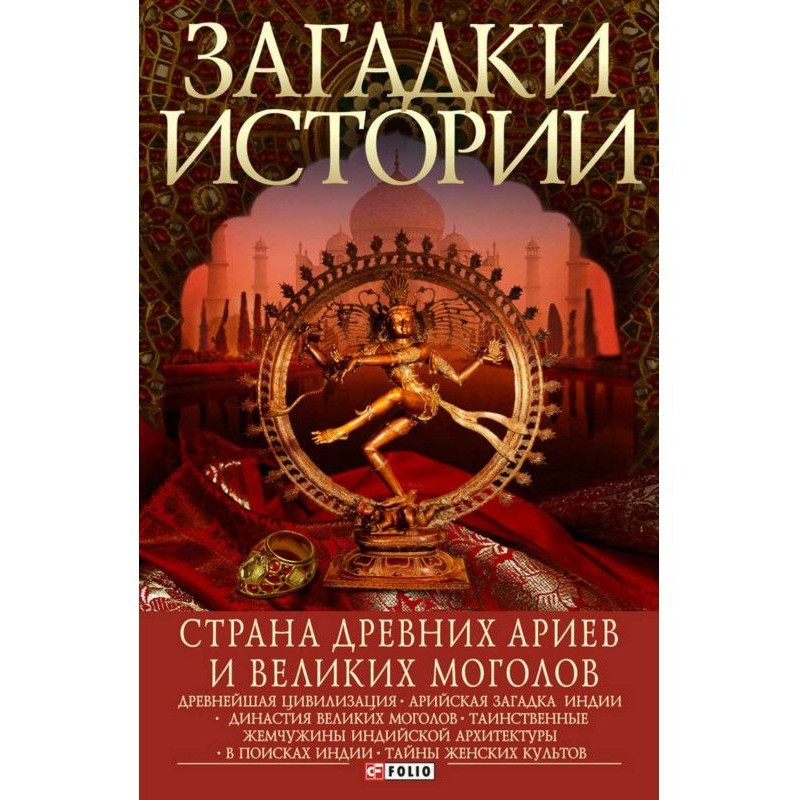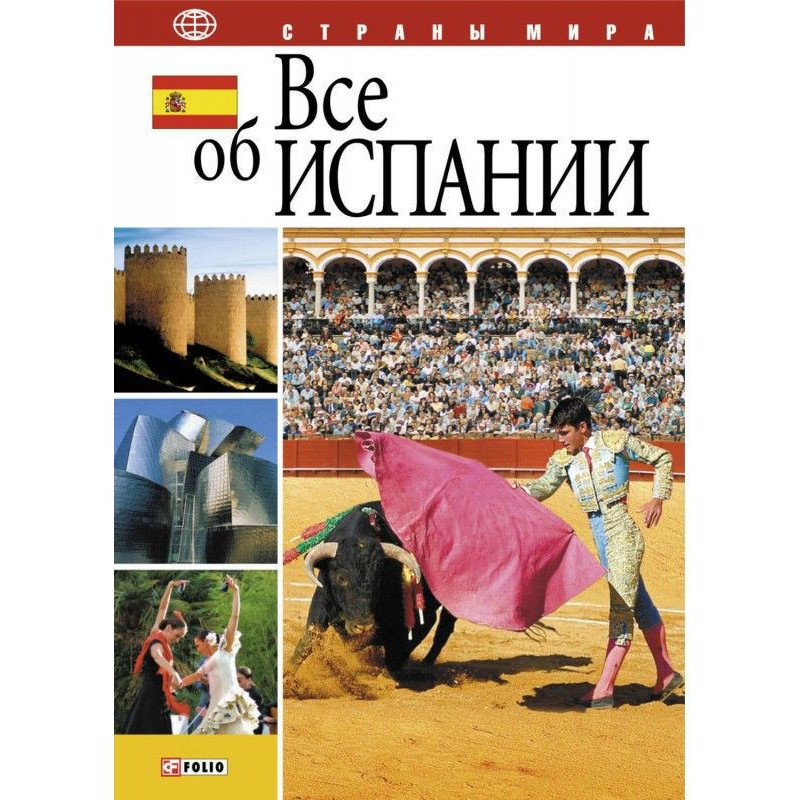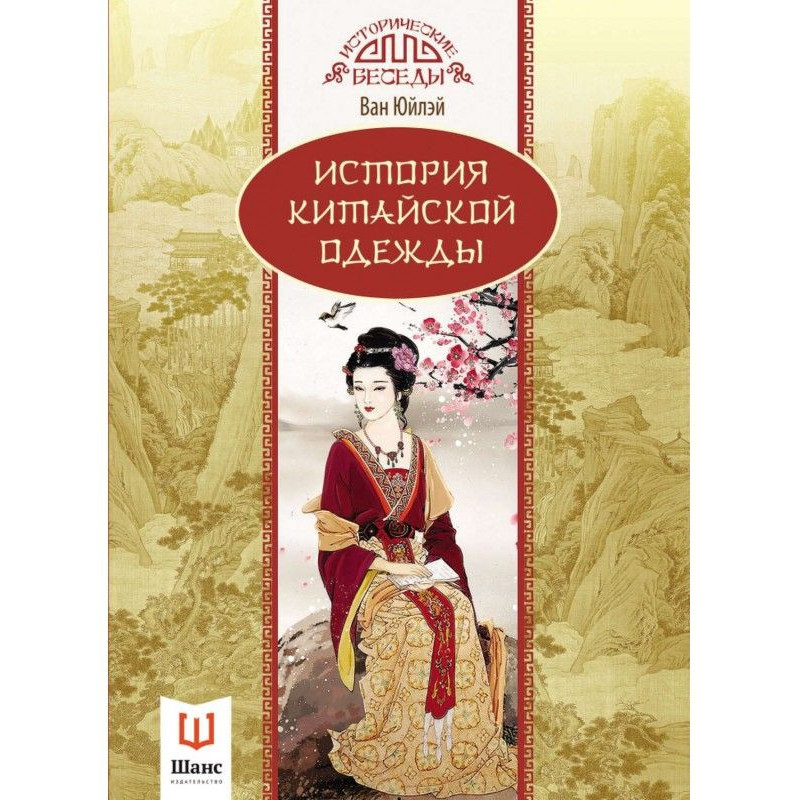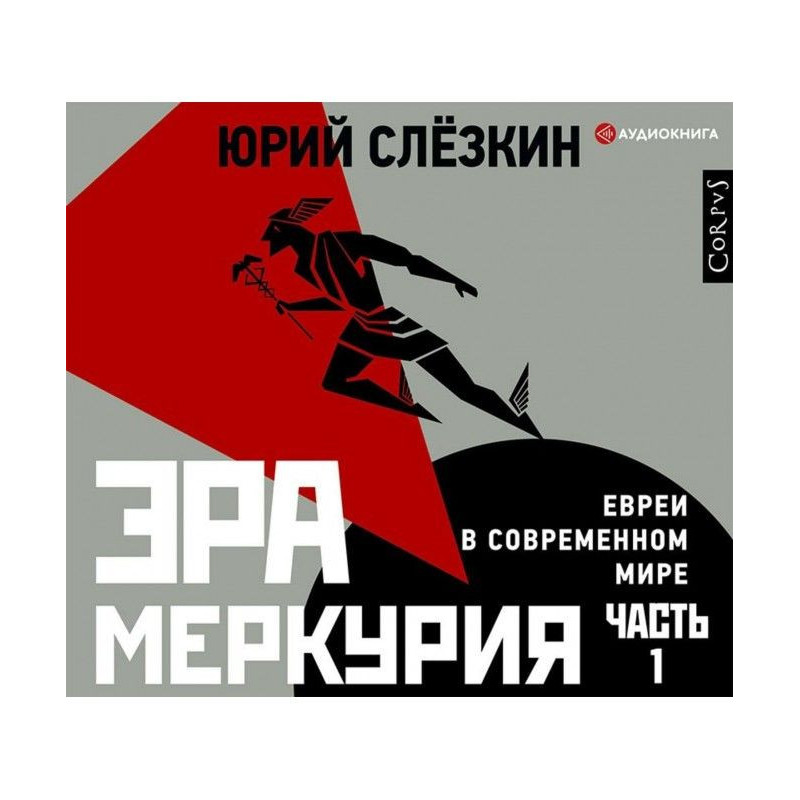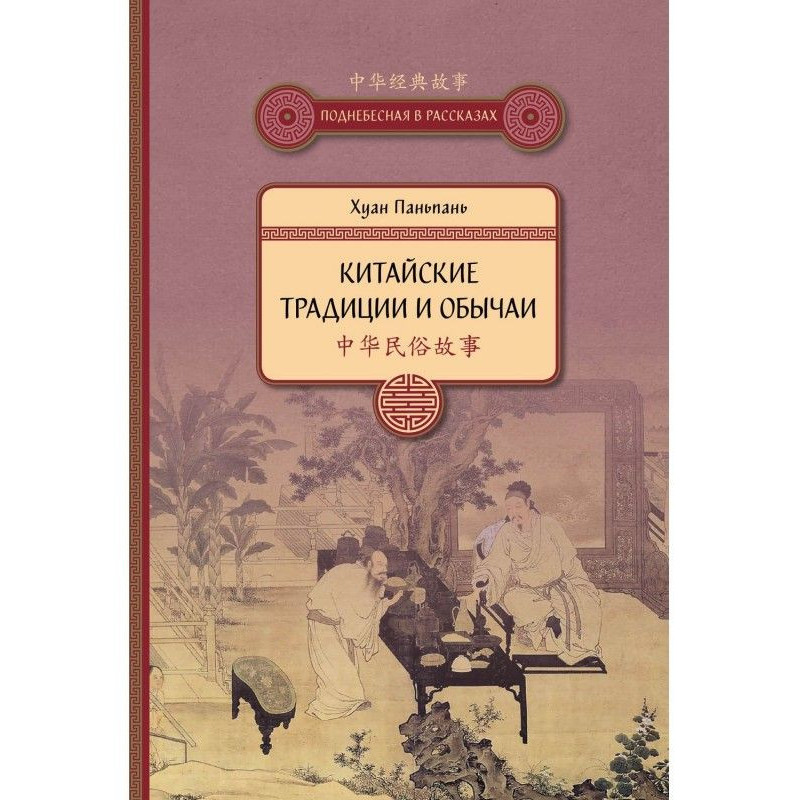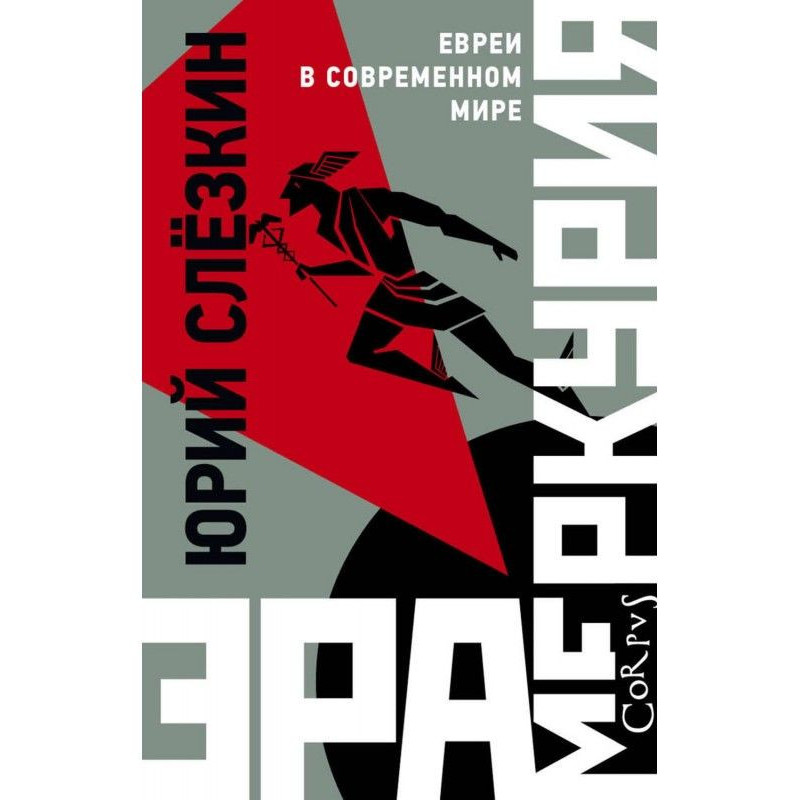Cambridge School. Theory and practice of intellectual history
 Instant download
Instant download
after payment (24/7)
 Wide range of formats
Wide range of formats
(for all gadgets)
 Full book
Full book
(including for Apple and Android)
The purpose of this collection is to show the methodological and practical relevance in Russia of one of the most influential movements in modern Western intellectual history: the Cambridge School of Political Languages. The book is divided into three parts. The first part contains the fundamental theoretical manifestos created by Quentin Skinner and John Pocock. The second includes classic texts discussing the basic methodological principles of the Cambridge School, as well as its relationship with the theory of Begriffsgeschichte and the archeology of knowledge of Michel Foucault. The third contains works designed to show the possibilities of using the “Cambridge” method in studying key subjects in the history of the Russian political language: the formation of the secular language of politics in the 18th century, idioms and ideas about the property of Catherine the Great, the language and context of the publication of the first “Philosophical Letter” of Chaadaev, rhetoric moves and arguments in the legal defense of Vera Zasulich, the evolution of the repertoire of republican concepts of virtue and corruption in Russia in the 18th–20th centuries, as well as historiosophical languages in the work “State and Evolution” by Yegor Gaidar.
Data sheet
- Name of the Author
- Collective of authors
Михаил Велижев Брониславович
Тимур Атнашев Михайлович - Language
- Russian
Reviews
Вражаючий внесок у вивчення інтелектуальної історії!
Книга "Кембриджська школа. Теорія та практика інтелектуальної історії" є надзвичайно цінним ресурсом для всіх, хто цікавиться політичною мовою та її еволюцією в контексті російської історії. Збірник вдало поєднує теоретичні основи Кембриджської школи з практичними прикладами, що робить його корисним як для студентів, так і для досвідчених дослідників. Перша частина з маніфестами Квентіна Скіннера та Джона Покока надає глибоке розуміння основних концепцій, які лежать в основі цього напрямку. Друга частина, присвячена класичним текстам, відкриває нові горизонти для розуміння методології, а третя частина демонструє реальні приклади застосування "кембриджського" методу в дослідженнях російської політичної мови. Книга не лише збагачує знання, але й спонукає до нових роздумів про важливість мови в політиці. Рекомендую всім, хто прагне глибше зрозуміти політичні процеси та їхнє історичне підґрунтя!

